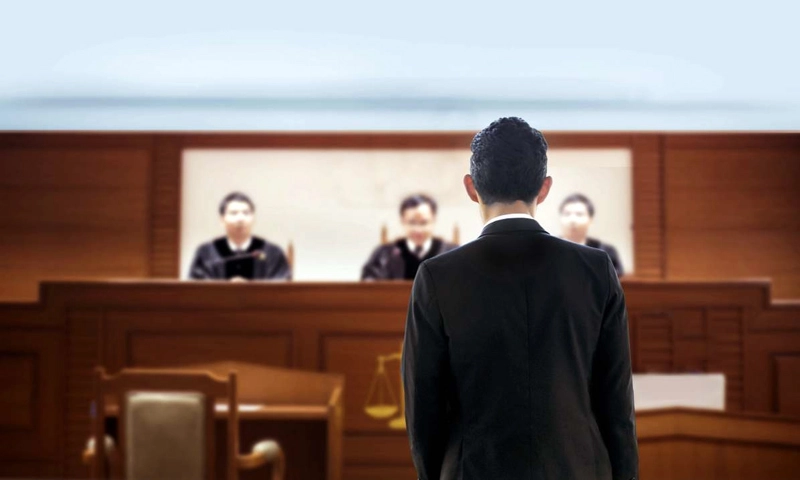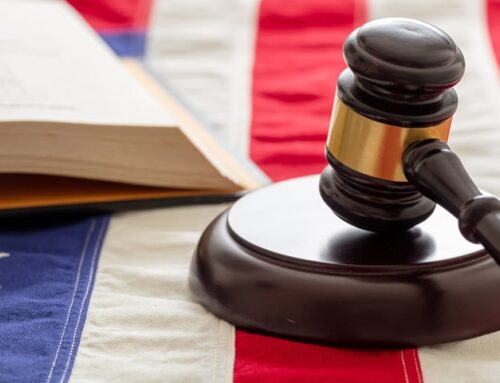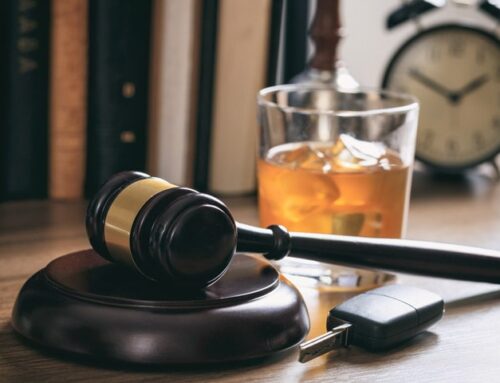In the context of criminal law and criminal charges, you may have heard the term “Plea in Abeyance.” You may not have. Either way, it’s an important term to know in Utah criminal law, and it’s often misunderstood.
The term ‘abeyance’ means “a state of disuse or suspension,” and that’s exactly what a ‘plea in abeyance’ is. A ‘suspended’ plea.
According to the Utah Code, Section 77-2a-1: “‘Plea in abeyance’ means an order by a court, upon motion of the prosecution and the defendant, accepting a plea of guilty or of no contest from the defendant but not, at that time, entering judgment of conviction against him nor imposing sentence upon him on condition that he comply with specific conditions as set forth in a plea in abeyance agreement.”
This is not the clearest definition in the world, but basically, it means this: If the prosecution agrees (and you qualify for a plea in abeyance depending on certain factors), and you are accused of a crime, you would enter a guilty plea to your charge(s) subject to the plea in abeyance agreement. Typically then, your guilty plea would not be entered against you. So you plead guilty, but that guilty verdict doesn’t take effect. In essence, the court would take your guilty plea and stick it in a drawer for a certain period of time (often a year). During that year, you would be required to comply with certain requirements. Those requirements often include: (1) no new violations of law for that 12-month period (sometimes minor traffic violations are permissible); (2) paying certain fines or fees associated with the plea in abeyance; and (3) other conditions, which may include (depending on your circumstances) various classes or community service.
If you do all the things you are required to do during that 12-month period (or however long the court requires), your case would then be dismissed. In other words, the charges would be “dropped.” Your guilty plea would go away, and so would the case against you.
But what if you don’t do all the things you’re asked to do in that “abeyance period?” Well, that could spell trouble for you. If you do not complete the requirements of the plea in abeyance agreement, that guilty plea—you know: the one the court put in a drawer—that would automatically be entered against you. You would lose any opportunity to contest your charges, or have a trial, and that guilty plea would serve to convict you of the charge(s) you pled guilty to.
So while a plea in abeyance can be a good resolution to your charges if you qualify, it is very important that you commit to complying with any and all requirements asked of you.
It’s important to note that some crimes, and some individuals, are not eligible for a plea in abeyance. DUI charges do not qualify for pleas in abeyance. Likewise, sex offenses involving a victim under 14 years old do not qualify for pleas in abeyance. Finally, the prosecutor in a case must approve of the plea in abeyance. If the prosecutor doesn’t approve, then a plea in abeyance isn’t available. Often, prosecutors don’t approve of pleas in abeyance depending on: (1) the nature and severity of the particular charges; (2) whether or not the person has had a plea in abeyance in the past (and if they successfully completed it); (3) the individual’s particular criminal history; or (4) various other factors specific to each case.





Leave A Comment